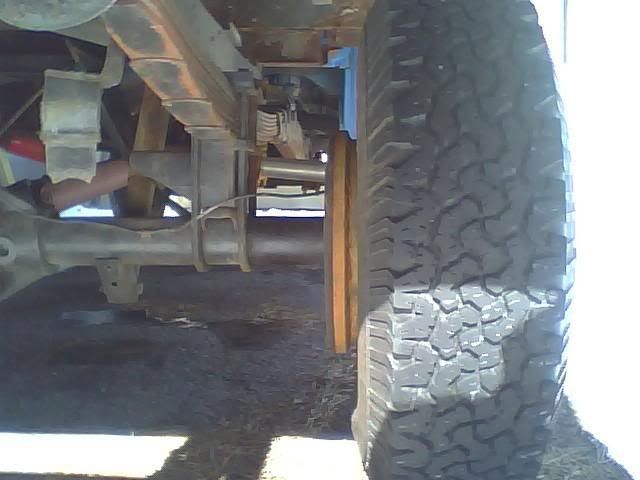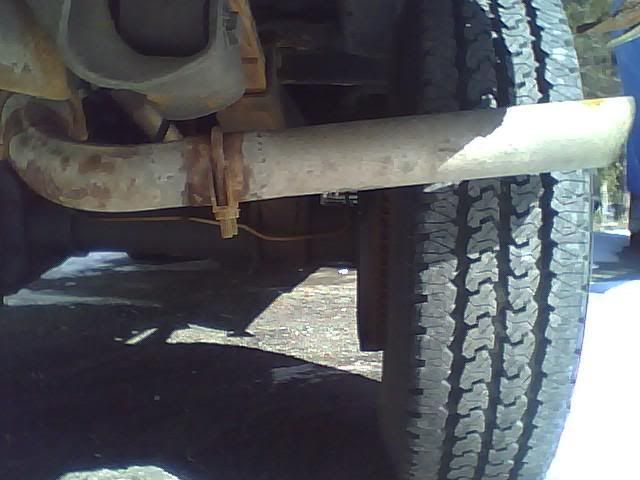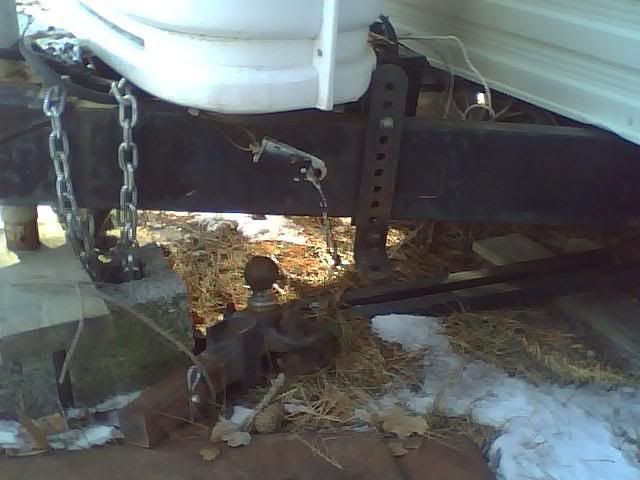r_moss
New Member
- Jun 23, 2008
- 153
- Boat Info
- 300 Sundancer 2004
- Engines
- 5.0 Mercruiser w/Bravo III Drives
These guys seem to know what they are doing. Just count the axles on that trailer!!
http://images.google.com/imgres?img...?q=boat+trailer+accident&gbv=2&hl=en&safe=off
http://images.google.com/imgres?img...?q=boat+trailer+accident&gbv=2&hl=en&safe=off







